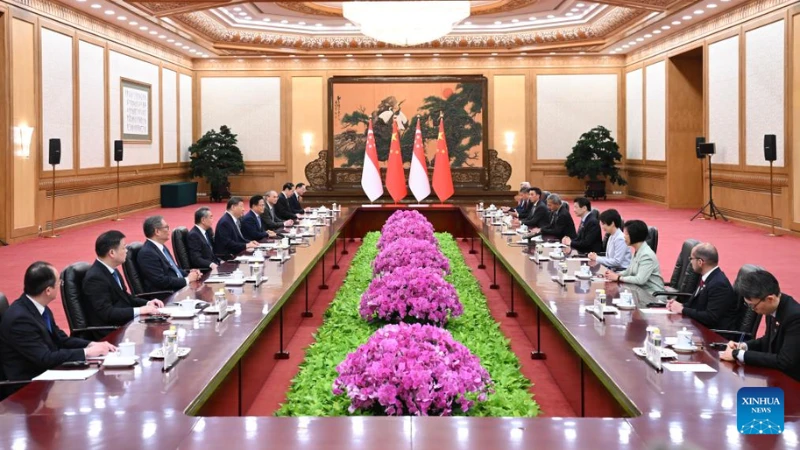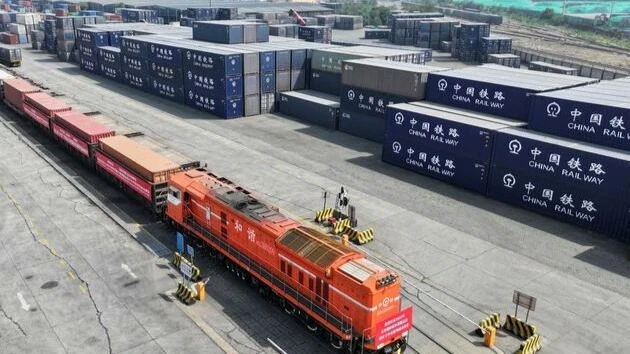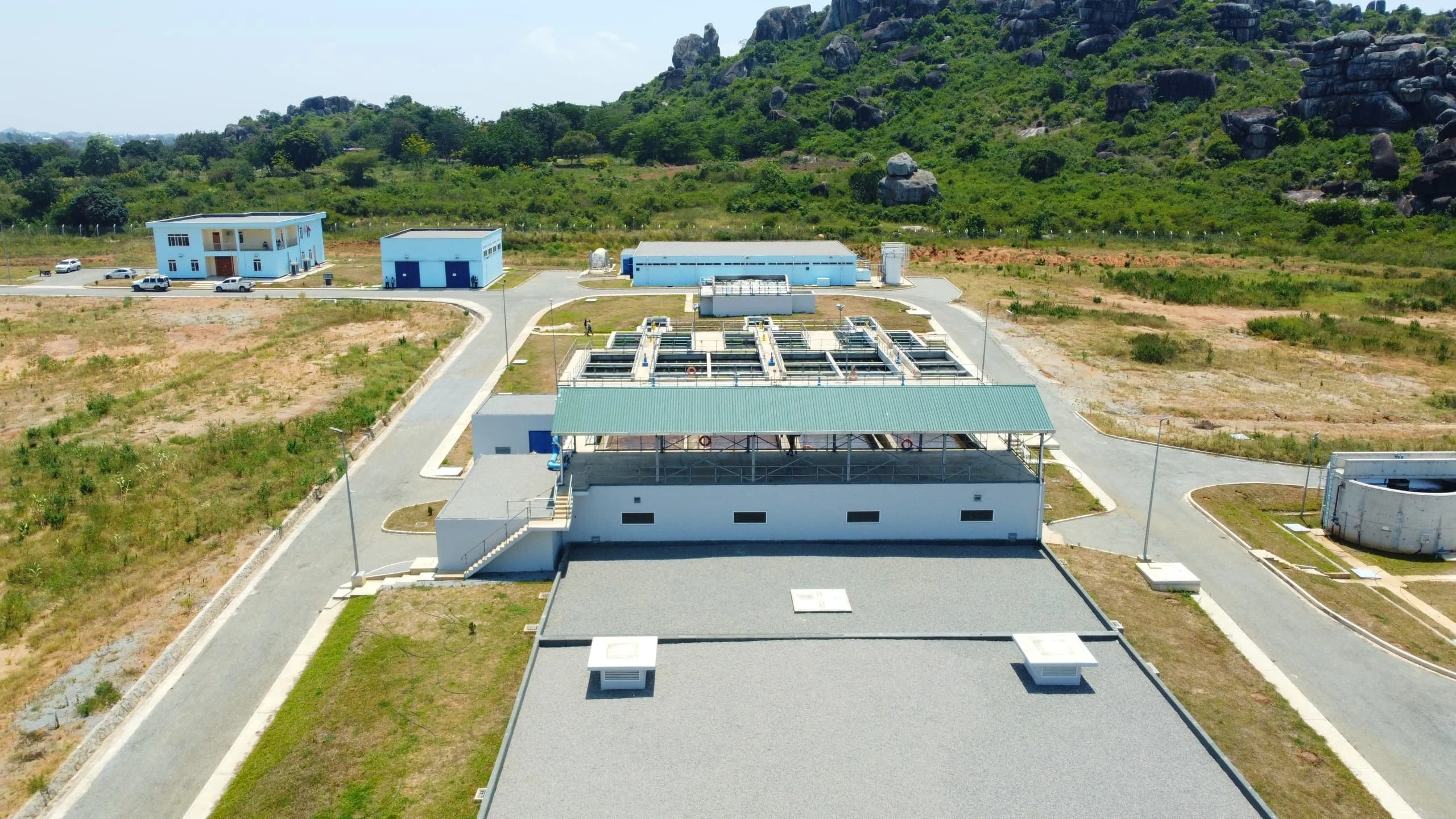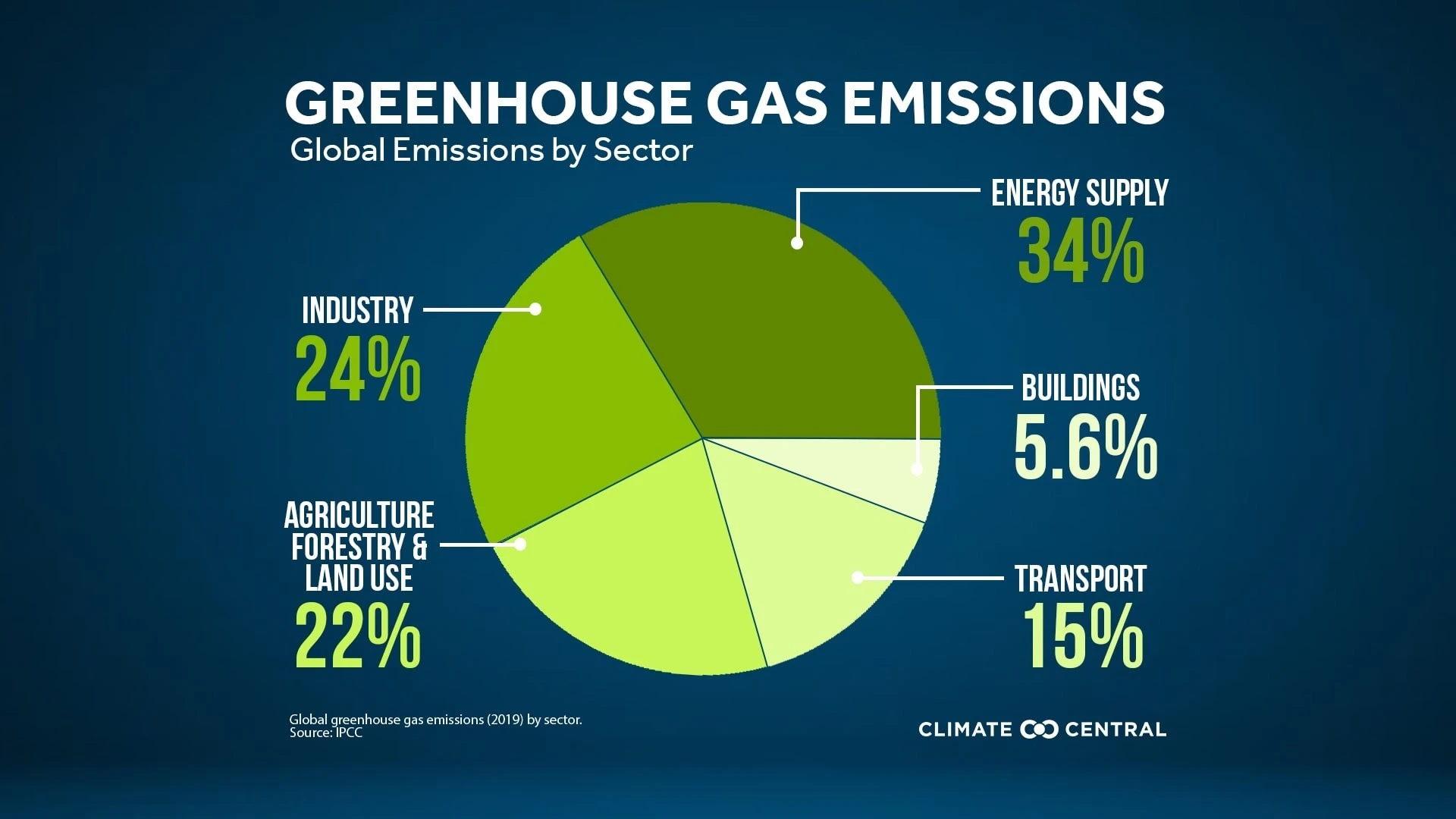Global SMEs urged to lead green transition in a new WEF roadmap
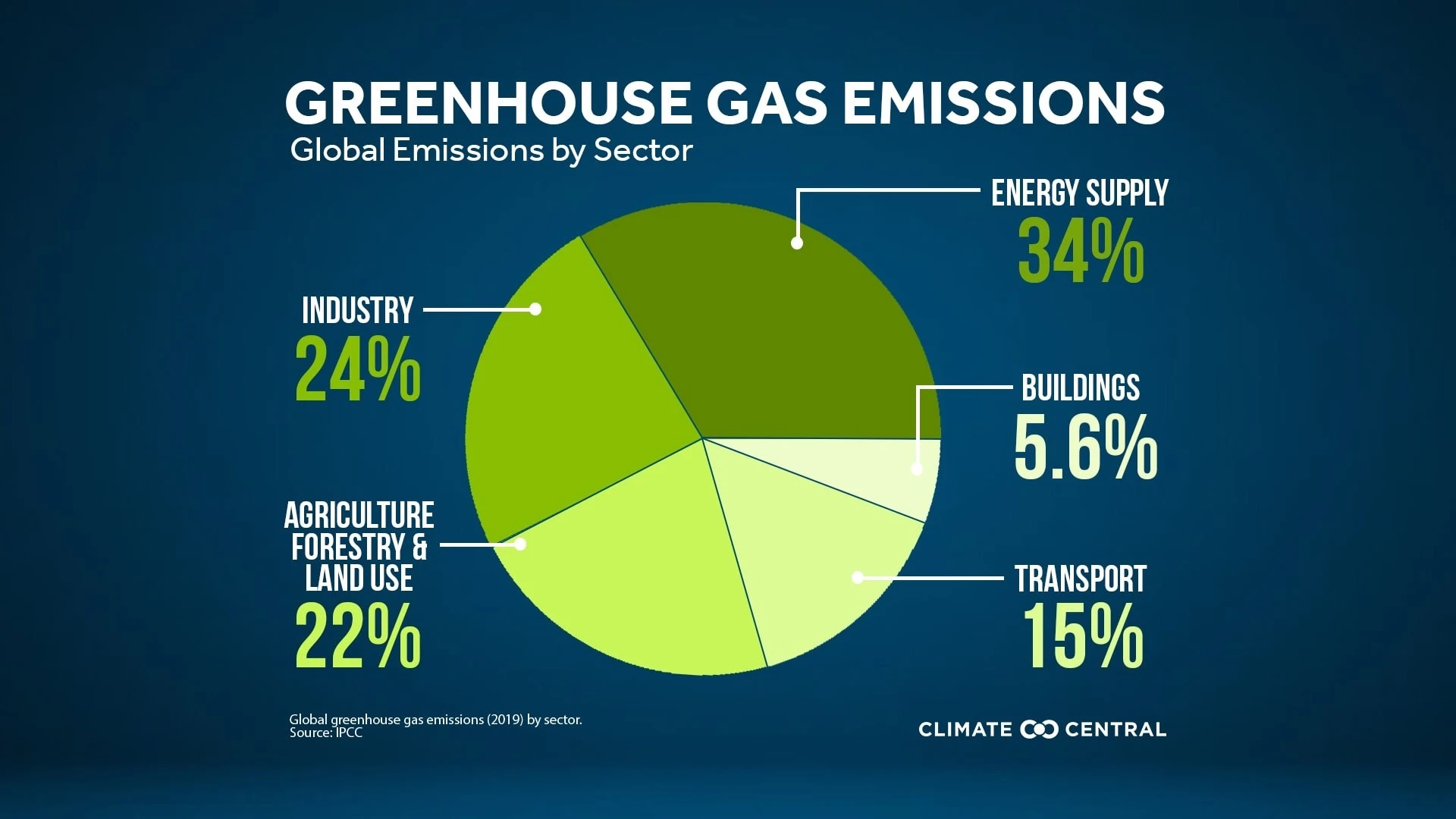
Small and medium-sized enterprises (SMEs), which make up 90 percent of businesses worldwide and contribute between 40 and 60 percent of global industrial greenhouse gas (GHG) emissions, are being called upon to play a transformative role in combating climate change, according to a new report released by the World Economic Forum.
The white paper, titled Sustainability Meets Growth: A Roadmap for SMEs and Mid-Sized Manufacturers, was launched today in collaboration with Schneider Electric at the World Economic Forum’s Annual Meeting of the New Champions in Tianjin.
It outlines a five-stage roadmap to support smaller businesses in integrating sustainability into their operations, shifting the narrative from sustainability as a cost to sustainability as a strategic growth opportunity.
The report argues that accelerating sustainability transitions among SMEs could move the world significantly closer to the Paris Agreement targets, which aim to limit global warming to well below 2 degrees Celsius, preferably 1.5 degrees. Current emissions trajectories suggest the world is not on track, and with global GHG emissions required to peak by 2025 and decline by 43 percent by 2030, the contribution of SMEs has become increasingly urgent.
“Small and mid-sized manufacturers have the potential to be powerful multipliers of climate action, particularly in decarbonizing value chains, as they play a critical role in global supply networks,” said Kiva Allgood, Managing Director of the World Economic Forum. “The roadmap in the report demonstrates how sustainable transformation is not only viable for smaller manufacturers – sustainability can also be leveraged as a competitive advantage in today’s fast-evolving economic and regulatory landscape.”
The findings are based on a global survey of over 60 SMEs and mid-sized manufacturers from diverse sectors and regions, including Europe, Africa, the Middle East and North Africa (MENA), Asia, and the Americas.
The study found that 68 percent of respondents expressed a positive outlook toward sustainability, and 38 percent already regard sustainability as a business opportunity rather than a regulatory obligation. Customer demand was cited by 60 percent of respondents as the main driver of sustainability action, surpassing regulation as the leading influence.
Despite this optimism, the report identifies several barriers impeding progress. A majority of SMEs surveyed—53 percent—pointed to competing business priorities such as cost pressures and the need for expansion as primary obstacles. Policy uncertainty was mentioned by 47 percent, while 42 percent highlighted limited access to finance as a constraint on their sustainability efforts.
To overcome these barriers, the report calls for coordinated action from governments, financial institutions, and large corporations to create support structures tailored to the needs of smaller businesses. These include access to affordable green finance, knowledge-sharing platforms, supply chain incentives, regulatory clarity, and technical assistance.
Esther Finidori, Chief Sustainability Officer at Schneider Electric, emphasized the urgency of enabling SMEs to adopt sustainable business models.
“The future of manufacturing depends on empowering SMEs and mid-sized companies to lead the way towards a more sustainable and inclusive global economy. Sustainability is as much an environmental imperative as an economic one for manufacturing companies,” she said.
The roadmap presented in the report is designed to guide SMEs through five stages: awareness and intent; measurement and reporting; action and optimization; integration and innovation; and leadership and influence. The model recognizes the diversity of SMEs and allows for different entry points based on capacity, industry, and local conditions.
The report further highlights the broader implications of SME sustainability for global supply chains and market resilience. With large corporations facing increasing pressure to reduce Scope 3 emissions—those generated by suppliers—SMEs will be central to achieving end-to-end decarbonization.
International policy momentum is also aligning with these goals. The European Union’s Corporate Sustainability Reporting Directive (CSRD) is expanding sustainability disclosure requirements to include more mid-sized firms.
In Africa, the African Development Bank is ramping up its climate financing commitments with targeted support for green SMEs, while in Asia, countries like Singapore and South Korea are offering grants and subsidies to SMEs adopting cleaner technologies.
The World Economic Forum’s initiative complements these developments by offering a global framework that encourages SMEs to shift from reactive compliance to proactive leadership. The white paper emphasizes that businesses taking early action will be better positioned to meet rising investor expectations, qualify for green finance, and compete in markets increasingly shaped by environmental standards.
“The leading SMEs and mid-sized manufacturers of tomorrow will be the ones who successfully leverage sustainability as a competitive advantage, building an end-to-end resilient and high-performance value chain on the journey,” said Finidori.
With less than five years to peak emissions and just over a decade to halve them, the message from Tianjin is clear: the global climate transition cannot succeed without the active involvement of SMEs. Empowering them is not only essential for climate goals but also for fostering long-term innovation, competitiveness, and inclusive economic growth.
In Africa, the African Development Bank is ramping up its climate financing commitments with targeted support for green SMEs.
Top Headlines
© 2025 IPPMEDIA.COM. ALL RIGHTS RESERVED











